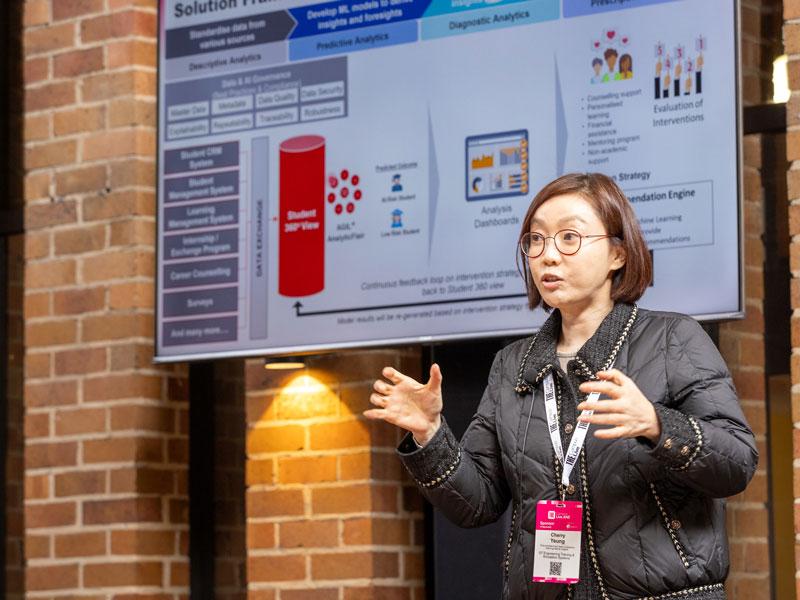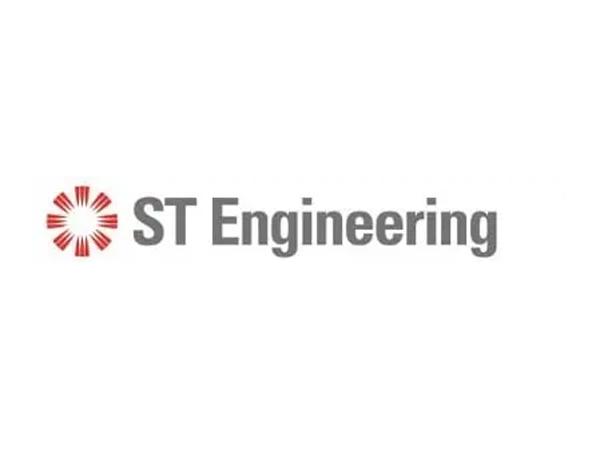
Using AI to help universities retain students

How can you proactively stop students from dropping out of university? This is one of the questions that the global technology, defence and engineering firm ST Engineering has been working to answer. At the 2024 THE Campus Live ANZ event, Cherry Yeung, vice-president and head of enterprise learning data and insights at ST Engineering, discussed the challenges to student success and the use of data analytics and artificial intelligence markup language to transform the student life cycle.
Yeung also spoke about a new technology from ST Engineering called AGIL CampusFlair. This AI-driven solution enables universities to increase student success and retention by monitoring student progress, identifying at-risk students and suggesting intervention strategies according to their unique circumstances. The company has already partnered with over 80 per cent of higher education institutions in Singapore, where it is headquartered.
“Our solution comes with a holistic, 360-degree view of students. We gather student interaction data from the entire student life cycle – from admission to graduation – along with third-party data such as graduate employment survey results,” said Yeung.
Yeung brought attention to the high student dropout rates in Australia. “On average, every university has 1,526 students dropping out yearly since 2012,” said Yeung. AGIL CampusFlair monitors students and uses data-driven insights to automatically detect those at risk of dropping out. It also considers why students are at risk of dropping out and what targeted support they might need.
“We take in data from various operating systems within higher education institutions,” said Yeung. “The solution comes with a recommendation engine based on all the historical successful and unsuccessful intervention cases to suggest the most suitable intervention for each situation,” explained Yeung.
AGIL CampusFlair offers a comprehensive set of diagnostic, predictive and prescriptive use cases. “These support the entire student life cycle, including admission, campus life, graduation and continuous education,” Yeung said.
The company is proposing a shift from reactive to proactive intervention. With this comes the opportunity to have a more thorough understanding of how many students are at risk of leaving university early. This enables universities to help more students stay in higher education. The platform also assists students in improving their employability by analysing data starting from the first-semester exam and identifying the factors affecting graduates’ employability after university.
ST Engineering offers universities the opportunity to use the data they already have to enhance the learning experience. It provides insights into various aspects of the student life cycle, including curriculum development to evaluate whether the curriculum is relevant to today’s market and identify opportunities for improvement. This also helps universities enhance student success and prevent the heavy financial losses associated with a high student dropout rate.
The speaker:
- Cherry Yeung, vice-president and head of enterprise learning data and insights, ST Engineering
Find out more about ST Engineering.

